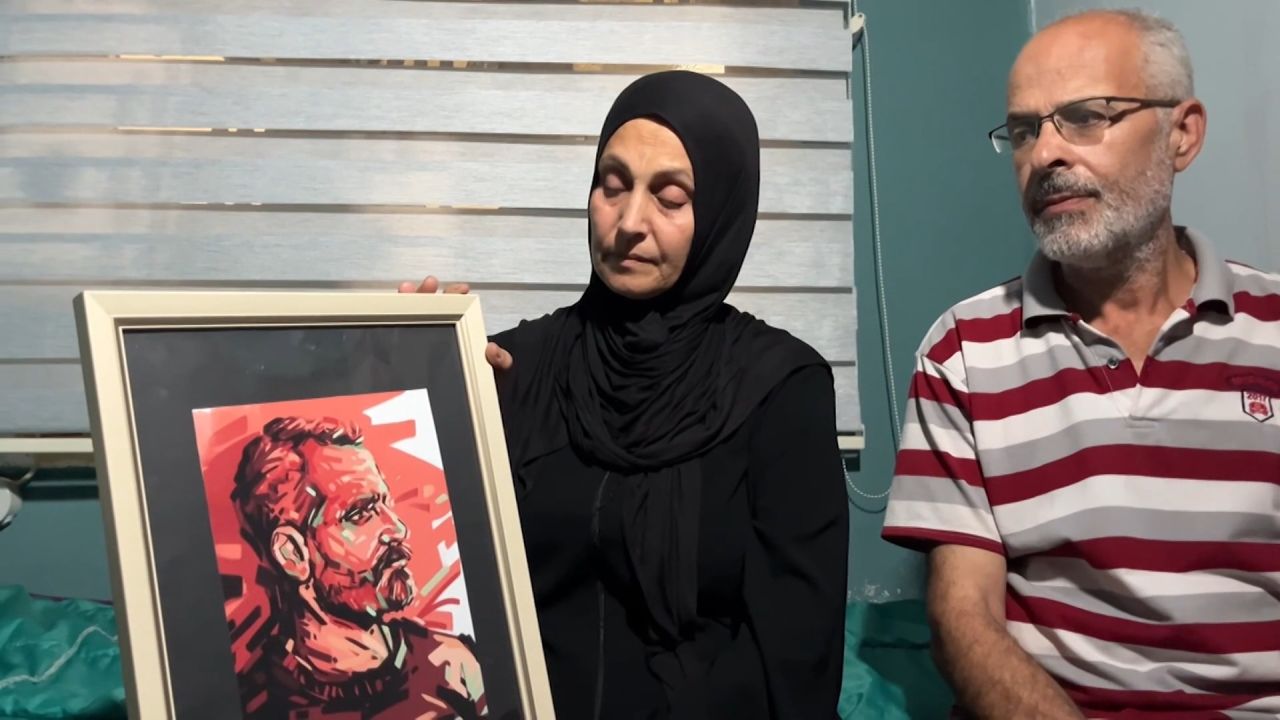In the early hours of Tuesday, an Israeli airstrike targeted a bustling waterfront café in Gaza, leaving families devastated and the community in shock. The attack, which occurred in the densely populated neighborhood of Al-Rimal, resulted in multiple casualties and significant destruction. As rescue teams worked tirelessly to search for survivors, the emotional toll on the affected families became increasingly apparent.
The strike is part of a broader escalation in the region, with tensions between Israel and Palestinian factions reaching new heights. The café, known for its lively atmosphere and scenic views, was a popular gathering spot for locals seeking respite from the ongoing conflict.
Immediate Impact and Community Response
Witnesses described scenes of chaos and devastation in the aftermath of the strike. “We were just sitting, enjoying our time, when suddenly everything turned to dust,” said one survivor, who wished to remain anonymous. The café was reportedly filled with families and young people at the time of the attack, amplifying the tragedy.
Local hospitals quickly became overwhelmed with the influx of injured individuals, while community members rallied to provide support and aid. Volunteers from nearby areas rushed to the scene to assist in rescue operations, highlighting the resilience and solidarity of the Gazan people in times of crisis.
Background and Context
This incident is the latest in a series of military exchanges between Israel and Gaza-based groups, with each side blaming the other for the escalation. The ongoing conflict has deep historical roots, with tensions dating back decades. The Israeli government has stated that its military actions are in response to rocket attacks launched from Gaza, which they claim are aimed at civilian targets within Israel.
According to the United Nations, the humanitarian situation in Gaza has been deteriorating, with frequent power outages, limited access to clean water, and a healthcare system on the brink of collapse. The international community has repeatedly called for a ceasefire and renewed peace talks, but a lasting resolution remains elusive.
Expert Opinions and International Reactions
Experts in Middle Eastern politics have expressed concern over the potential for further escalation. “The cycle of violence is perpetuating a humanitarian disaster in Gaza,” said Dr. Lina Khaled, a political analyst specializing in the region. “Without meaningful dialogue and intervention, the situation is unlikely to improve.”
International reactions have been mixed, with some countries condemning the airstrike and others emphasizing Israel’s right to self-defense. The United Nations has called for an independent investigation into the incident to ensure accountability and prevent future tragedies.
“We urge all parties to exercise maximum restraint and prioritize the safety of civilians,” stated a spokesperson for the UN Secretary-General.
Implications and Future Prospects
The attack on the café underscores the fragility of life in conflict zones and the urgent need for a comprehensive peace solution. For the families affected, the road to healing will be long and challenging. Community leaders are calling for increased international support to address the immediate needs of those impacted and to rebuild the damaged infrastructure.
As the international community continues to grapple with the complexities of the Israeli-Palestinian conflict, the voices of those directly affected by the violence serve as a poignant reminder of the human cost of war. The hope for many remains a peaceful resolution that ensures security and dignity for all parties involved.
In the coming weeks, diplomatic efforts are expected to intensify, with regional and global powers seeking to mediate and negotiate a path forward. The resilience of the Gazan people, however, remains a testament to their enduring spirit amidst adversity.
